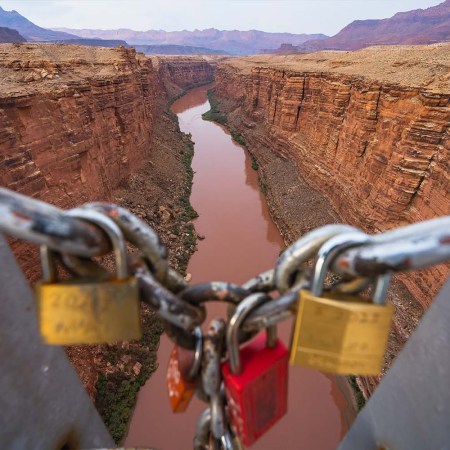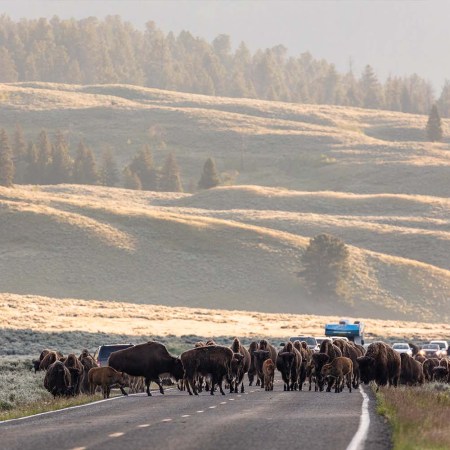Don’t let the scuppering of U.S. Rep Rob Bishop’s bill to sell three million acres of public land fool you. We’re at the beginning of a very messy battle to keep America’s wilderness, well, wild.
Most Americans enjoy using — and, accordingly, conserving — our National Parks and publicly protected outdoor assets. A much smaller number of Americans, meanwhile, would like to sell off large tracts of those lands to private interests. If you oppose that, your best bet is to fight the good fight and donate to nonprofits like the Wilderness Society and the Sierra Club. But that might not be enough.
In fact, you may want to double down by investing in conservation funds that target newly available lands and seek to protect them for future generations. Here’s the cherry on top: you might even turn a profit doing so.
Private and institutional investors have been funding ventures that not only conserve public land, but also yield a profit by finding ways to work with it. Such measures include keeping water supplies clean, ensuring land is used for responsible grazing, and nurturing sustainable materials that can be farmed for manufacturing.
To get started, check out the Ecosystems Marketplace, a repository of information on the companies and trends within the space. And below, you’ll find three of the easiest — and most dependable — ways to invest your money in our country’s most precious resource.
The Index: REDDX
REDDX is an index that finances conservation-focused companies and government projects in emerging economies, where land and resources are more localized. It’s the finance arm of Forest Trends, a consultancy with a wealth of information on the topic, including this helpful report.
The Fund: NatureVest
NatureVest is the profit-motivated arm of the Nature Conservancy, founded in partnership with JPMorgan Chase. One example of their work: they bought the Murray-Darling Basin in Australia, a rich watershed whose biodiversity is critical to Australia’s food supply. They make money on it by leasing water rights, and in doing so, also control how that water is managed, handled and healthily preserved.
The Real-Estate Investment: You
The Wall St. Journal just did a feature on families who owned plantations too large and expensive to manage themselves. So they leased them out to folks like the Nature Conservancy, which added conservation easements on the properties. The result is properties that increase in value, and in some instances net a cash flow: they can be leased to responsible hunting, fishing and expeditionary guides.
Whether you’re looking to get into shape, or just get out of a funk, The Charge has got you covered. Sign up for our new wellness newsletter today.























